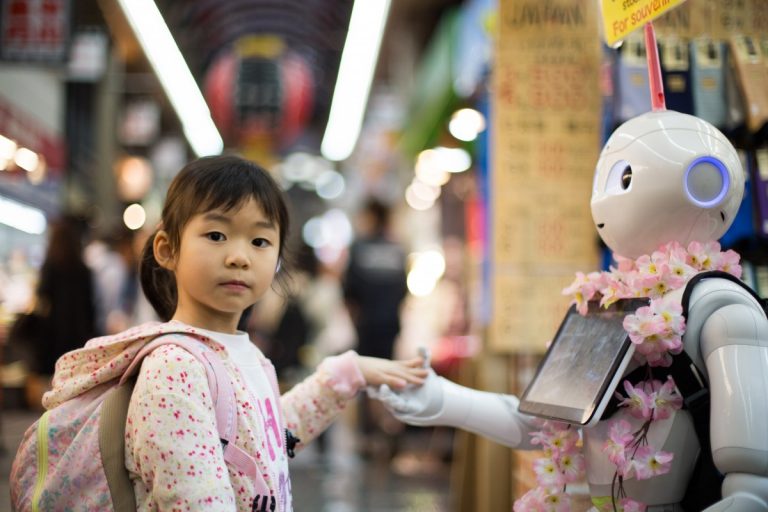
With the rise of AI, efficiency, obedience and accuracy – the cornerstones of education – will no longer be necessary human skills, while out-of-the-box thinking and collaborative problem-solving will rise to the top of the CV wishlist.
Although Artificial Intelligence (AI) and advanced robotics used to form the plot-lines of far-out sci-fi films, the 21st century has propelled us into the reality of machines completing tasks previously reserved for opposable thumbs and creative minds.
This shift to AI has sparked worldwide panic. How are humans going to compete with technology that can work for longer than six hours without 30 minutes’ break? How can we keep our jobs as accountants, bankers and lawyers when technology can complete our entire day’s work in a minute?
Well, the answer is we can’t. At least not in areas where speed and accuracy are valued. In a global economy founded on capitalism, anything that increases efficiency and decreases cost production will be embraced with open arms.
Also existing in a global economy founded on capitalism is an education system which prepares students to be as efficient and hardworking as possible.
“This system worked well in the industrial economy of the 1950s and 1960s,” Graham Brown-Martin, chief education adviser for pi-top, an edtech company teaching children to code, told Study International.
“It produced a workforce of compliant office and factory workers; however, it doesn’t create innovative thinkers with a multidisciplinary approach to problems that are needed in today’s society.”
Education is ultimately creating students who are trying to be the best they can in the areas that technology is made for, explained Brown-Martin. To get the highest grades, the best degrees and ultimately the best jobs, you need to develop efficient memory storage, quick memory recall and accurate application of knowledge.
Simultaneously, researchers are developing machines which can quickly sift through terabytes of data and apply their ‘knowledge’ to solve problems and enhance customer experience. Clearly, technology will soon overtake humans in this unnatural endeavour in which education attempts to train students.
Why just talking about jobs that will disappear instead of all the ones that will emerge? Graham Martin Brown asks important questions #AI #Robots #settdagene pic.twitter.com/9TjaISic5I
— SETTdagene (@settdagene) November 29, 2017
So as the technological landscape surges toward a more efficient future, education must also adapt to best fill the gaps this leaves.
“Education needs to recognise it rewards skills that are already being done better by machines than humans ever can, such as memory recall and fact regurgitation,” Rhys Townsend, a lawyer who has paused his career to obtain a Computer Science Master’s after realising the potential of technology in the law industry and beyond, told Study International.
“There is now a pressing need for education to reward human skills including expression, communication, collaboration and emotional awareness. The best person for the job in the technological age might not be the cleverest or the quickest thinker. It’ll be the person who can demonstrate emotional intelligence and work well with others.”
Are the kids alright?
How do we prepare learners to thrive in a transforming world?
A televised discussion via @Renegade_Inc feat @GrahamBM & @AlisonMPeacock https://t.co/KTjsdr4mhz#SETTdagene #4IR #Education #Teaching #FutureOfWork pic.twitter.com/HqqmaE5qiU
— Learning Reimagined (@LearnReimagined) November 29, 2017
“Currently education is testing things machines can do, such as memory recall and speed writing, but we don’t measure the things that machines can’t do. The assessment system measures what’s easy to measure and ignore what’s important,” said Brown-Martin.
It is now more important than ever that education cultivates the one thing machines will never be able to do: be human.







